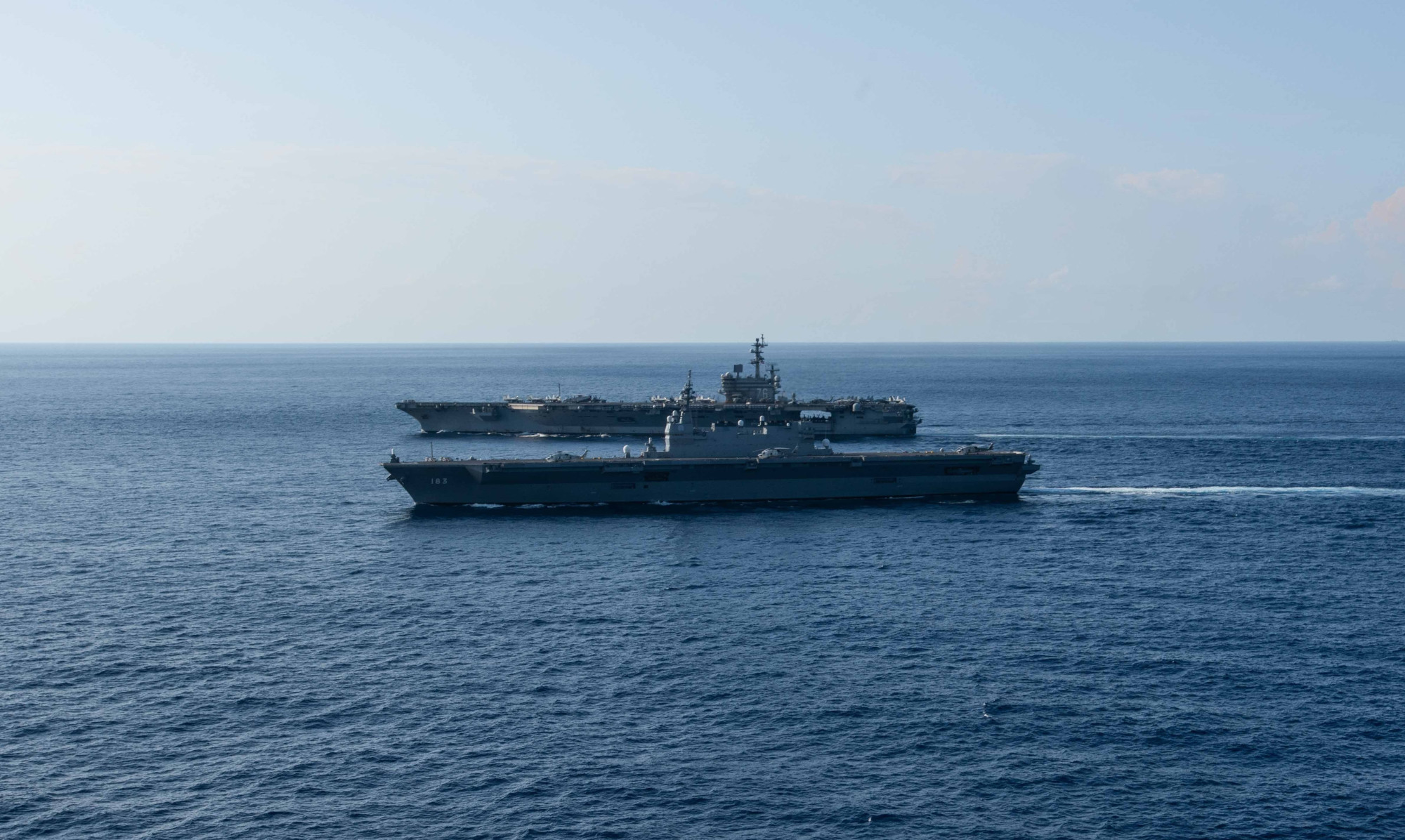U.S. President Donald Trump's reported musings in private conversations about abrogating the Japan-U.S. security treaty due to concerns over unfair terms of the relationship — quickly followed by Tokyo's insistence that it confirmed with the White House that this was not U.S. government policy — illustrate the tension between the Trump administration's focus on winning fair deals for the American people and national security priorities.
Trump is right to pursue the best agreements possible for U.S. taxpayers. As one of those taxpayers, I am appreciative of the president's laser-like focus on this front. More broadly, though, negotiating better deals mustn't throw a match to vital American strategic interests. The Japan-U.S. security treaty is a case in point.
Are there inequities in the Japan-U.S. security relationship? Possibly, although they're not egregious. According to a 2017 overview by the Pentagon, American bases cost $5.5 billion in 2016 and, as part of a 2015 deal, Japan pays $1.65 billion to $1.95 billion per year to support them. The same Pentagon report showed that Tokyo paid an additional $1 billion in base-related labor in 2016.


















With your current subscription plan you can comment on stories. However, before writing your first comment, please create a display name in the Profile section of your subscriber account page.